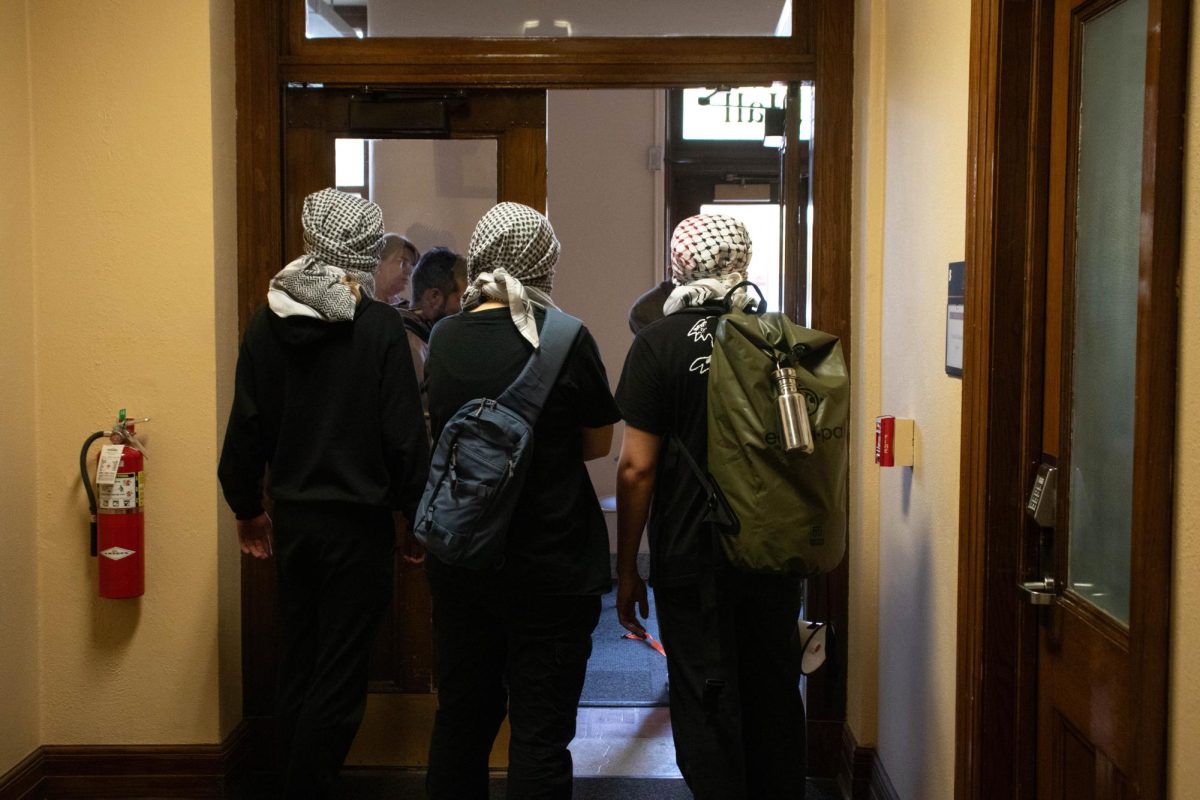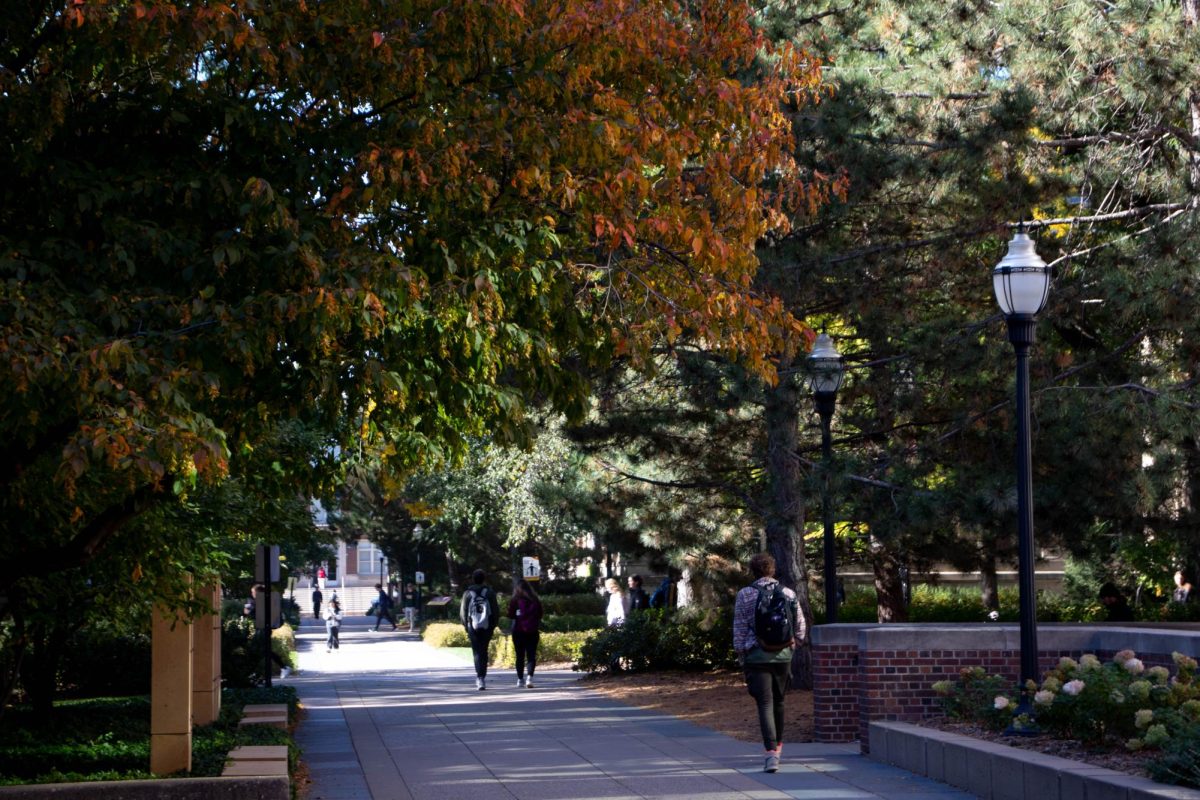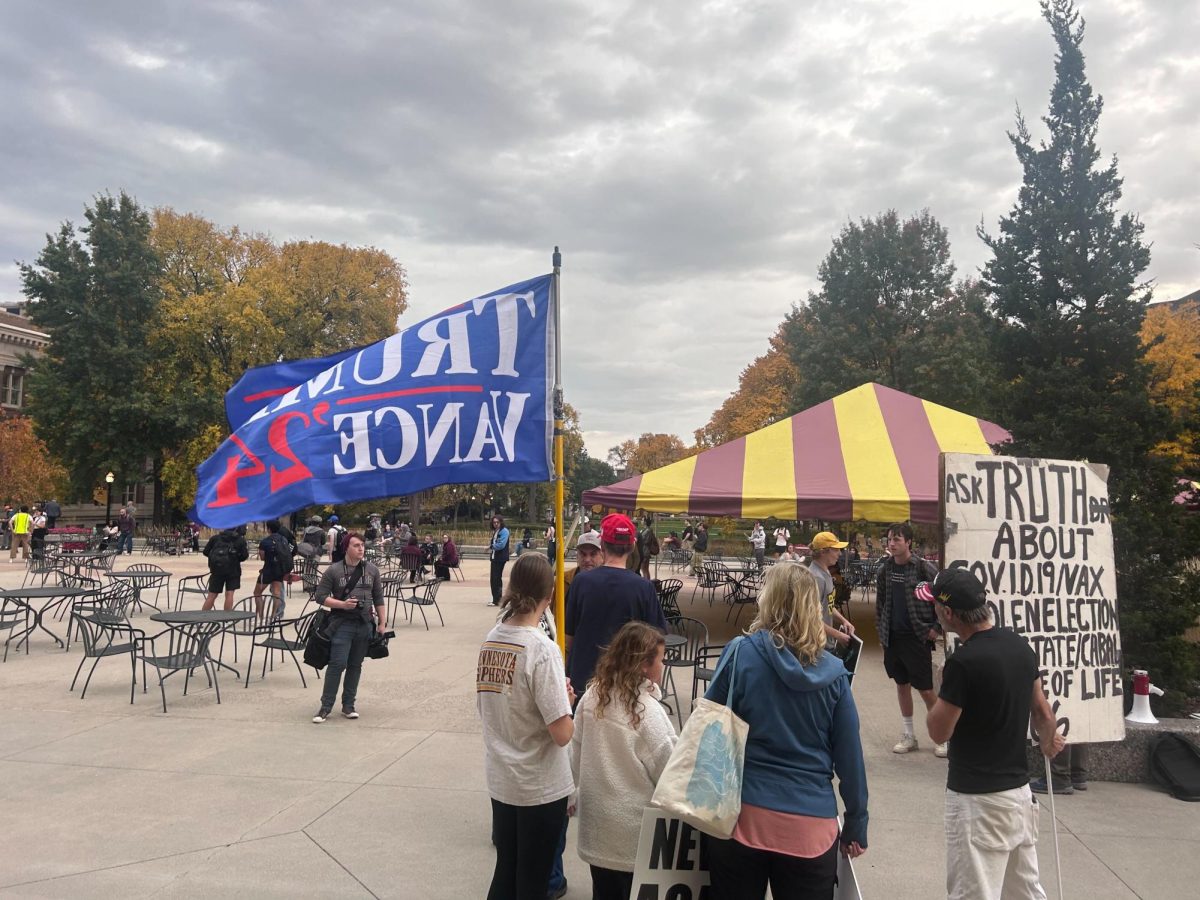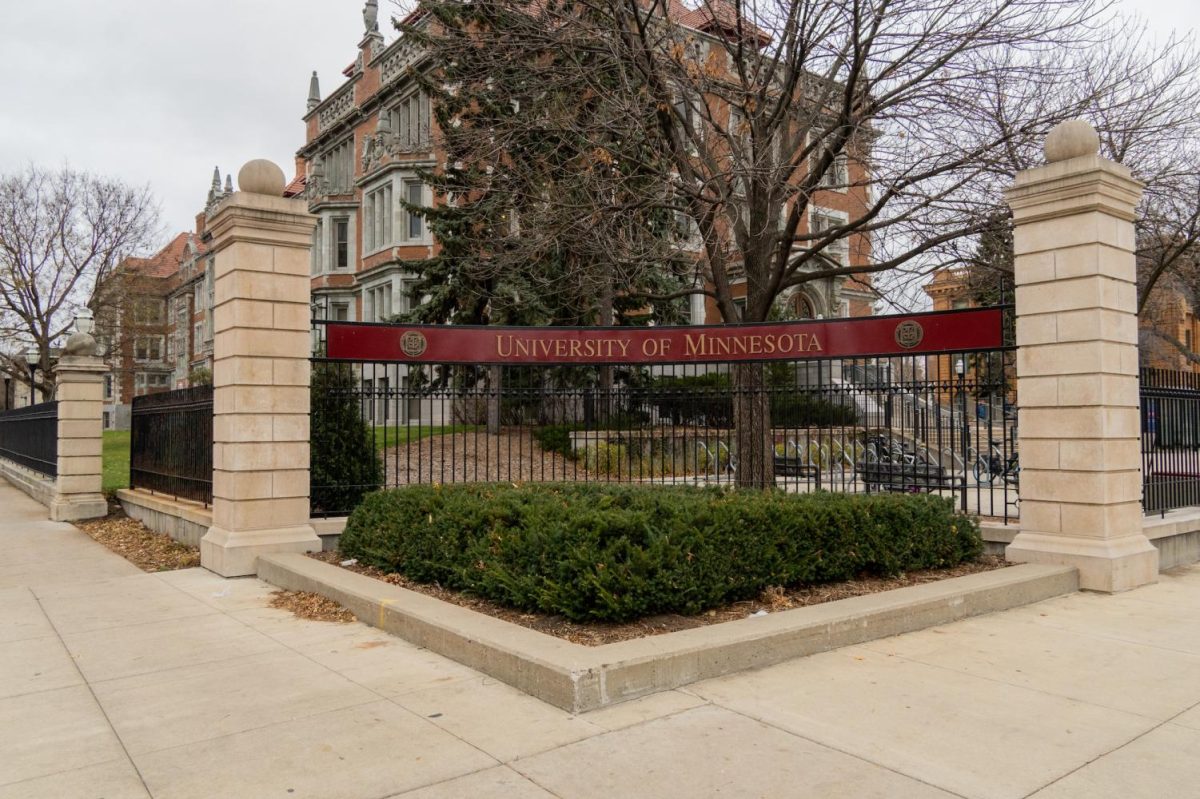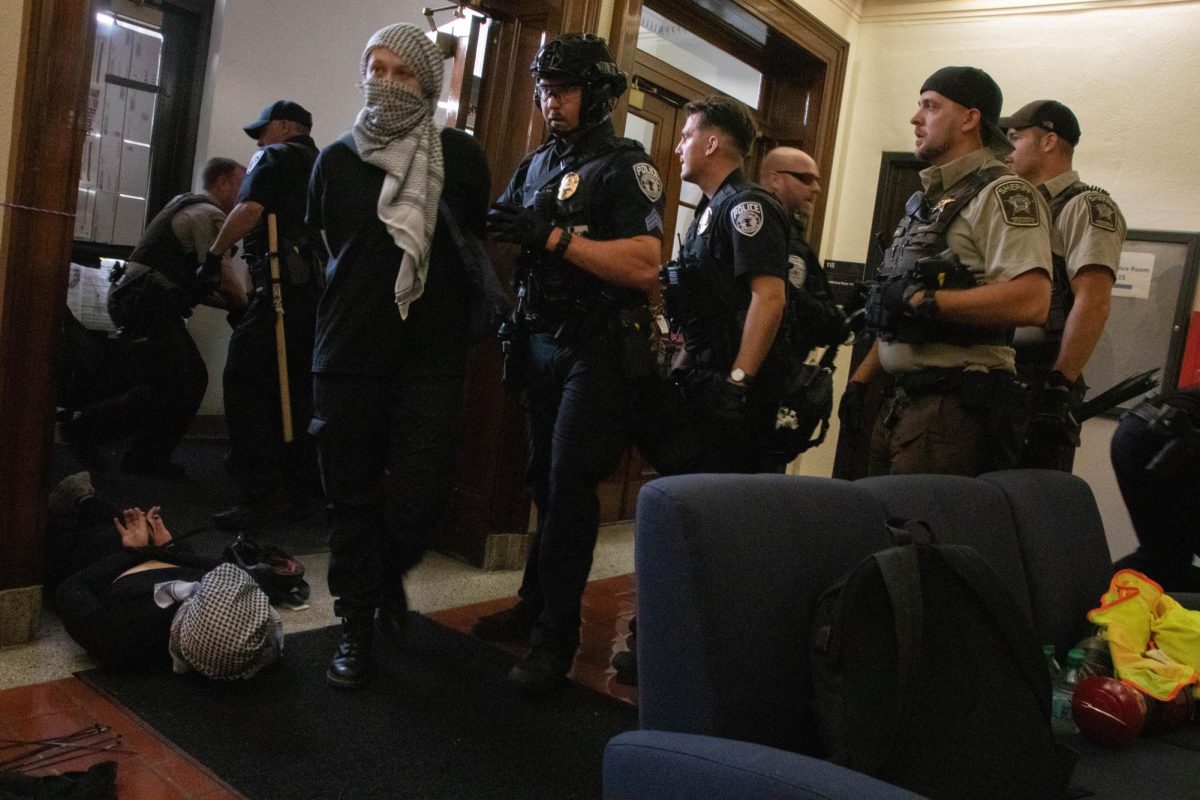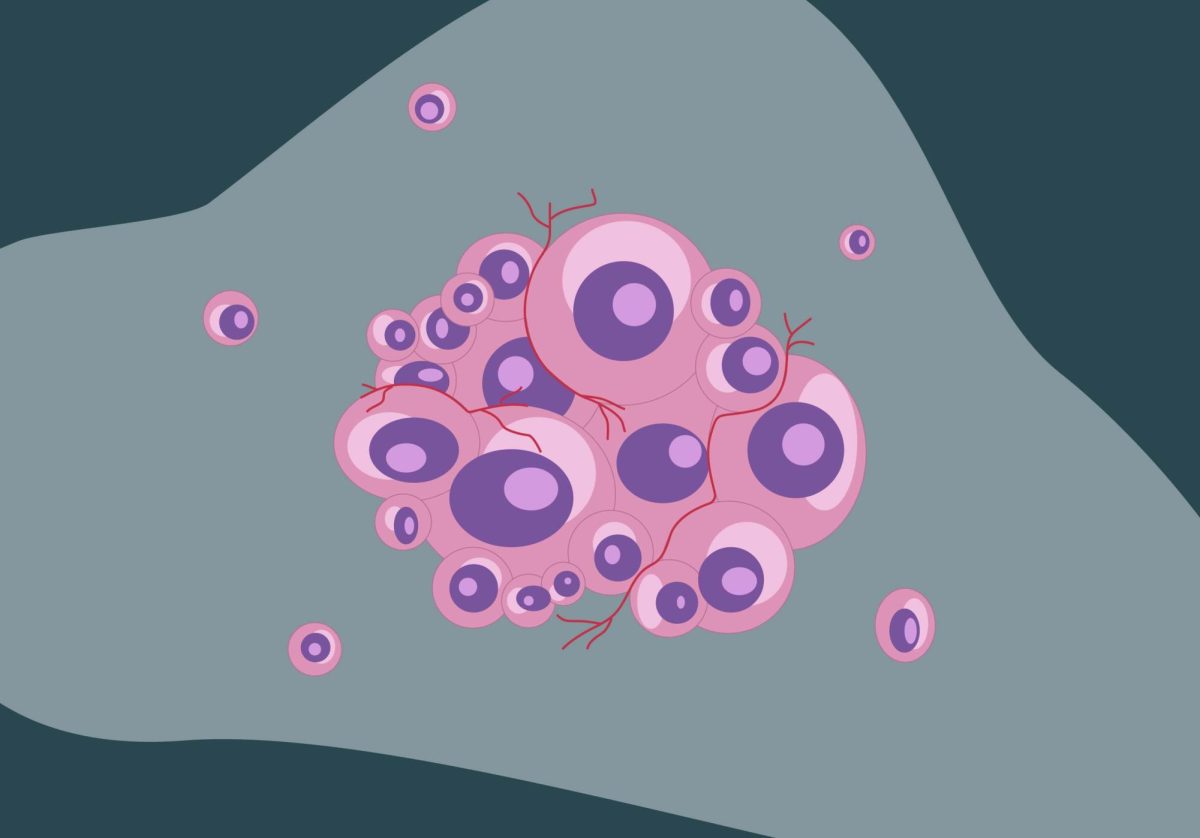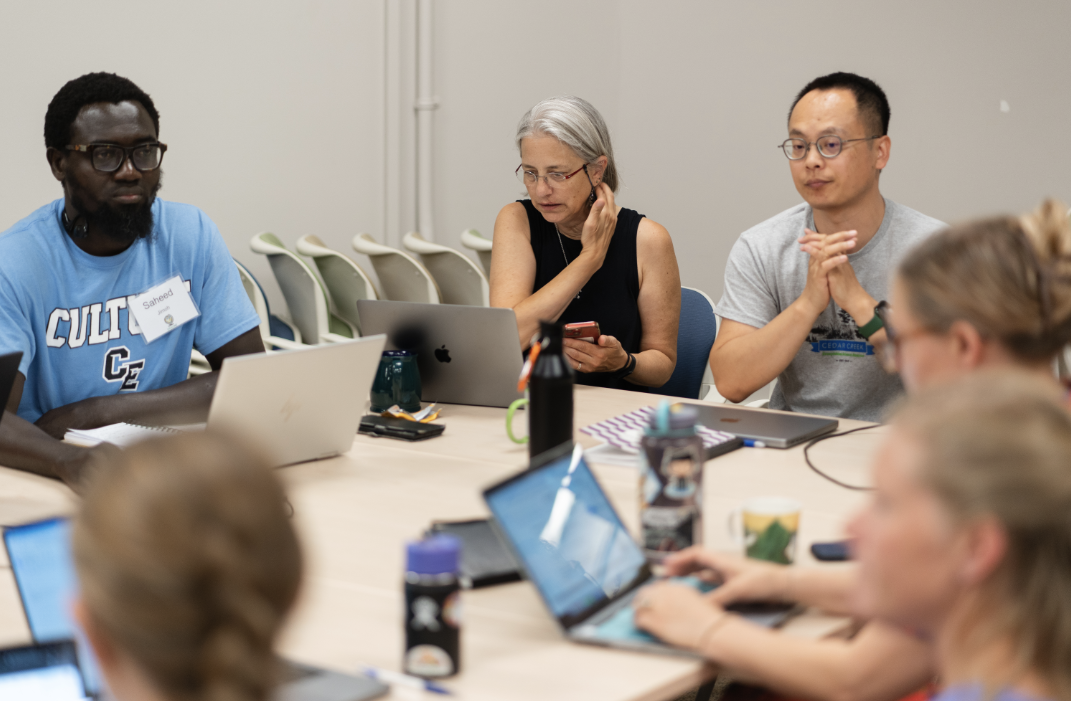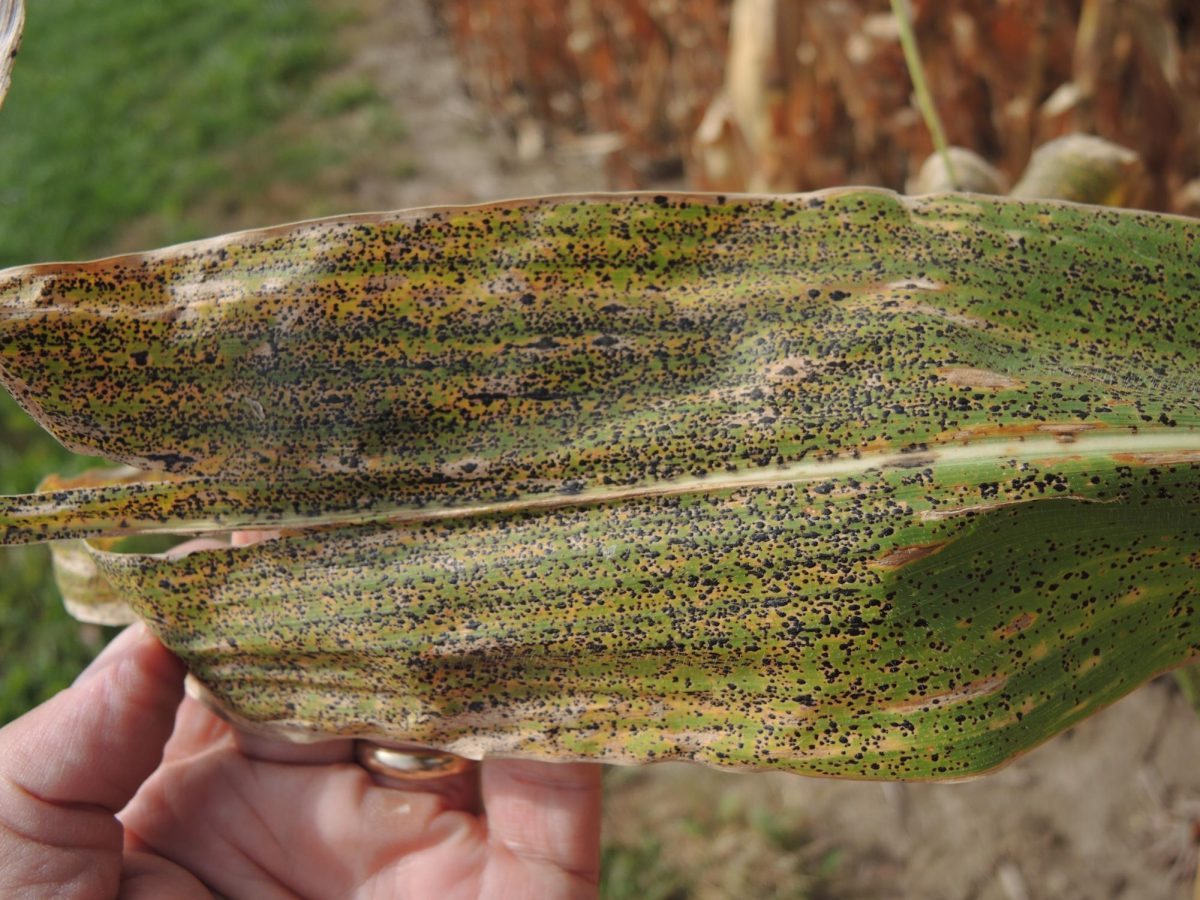University of Minnesota researchers received a $12 million grant from the National Cancer Institute (NCI) to study environmental risk factors associated with blood cancers over the next four years.
The 10k Families Studies (10KFS) will use the grant to study risk factors by looking at biomarkers associated with developing blood cancer later in life.
Researchers are looking for the biomarker Clonal Hematopoiesis of Indeterminate Potential (CHIP). If someone has the CHIP stem cell, it indicates a risk factor for leukemia, a broad term for blood cancers.
University researchers have worked since 2021 on building community relationships with immigrant communities living in rural and urban Minnesotan areas, which are typically underrepresented in health-related research.
Heather Nelson, a professor in the Division of Epidemiology and Community Health at the University, said NCI was looking for researchers who could answer questions about environmental exposures and their associations to cancers. Minnesota has elevated rates of blood cancers, which birthed the study’s focus.
In a 2021 report from the Masonic Cancer Center, roughly 30 out of 100,000 men in Minnesota have blood cancer, five more than the U.S. average of roughly 25 out of 100,000.
For women, roughly 18 out of 100,000 in Minnesota have blood cancer. This is two more than the U.S. average of 16 out of 100,000.
“Hopefully, in 40 or 50 years, people who come after us at the University of Minnesota will be able to look at important questions about childhood exposure and health outcomes when they’re adults,” Nelson said.
The study looks at three exposures and their potential links to blood cancer: radon, PFAS and glyphosate, Nelson said.
Forty percent of Minnesota homes have unsafe levels of radon, a radioactive gas created when uranium decays, Nelson said. Primarily found in the soil or basements, radon can get into the air and water, and harm people’s lungs, according to the National Library of Medicine.
Some evidence from studies on miners working in occupational settings suggests radon may be associated with blood cancer, Nelson explained. A major goal of the study is to explore and confirm this association between radon and blood cancers.
The second exposure is PFAS, which received increased attention due to water contamination issues throughout Minnesota, Nelson said. Beyond water, the chemical can be found in personal care products, food and in products that are used in wood stains.
The last is a herbicide called glyphosate, which is commonly used in weed and grass killers like Roundup, Nelson said. Exposure to this compound could be a cause for blood cancers.
The association between specific chemicals and specific cancers is a challenging link to make given the significant variability in exposure risk, Dr. Jeremy Allred, assistant professor of medicine in the Division of Hematology, Oncology and Transplantation at the University, said in an email to the Minnesota Daily.
It is difficult measuring and tracking exposure with how rare some of the subtypes of blood cancers are, but there are connections between pollutants and the development of blood cancers, Allred said.
Jen Poynter, a professor in the Division of Epidemiology and Clinical Research in the Department of Pediatrics at the University, said the study aimed to include people who are not traditionally represented in health research. Historically, white people living in urban areas are mainly included.
10KFS researchers are seeking out Hispanic, Latino and immigrant communities particularly those living in rural Minnesota.
To participate, an online screening questionnaire must be completed by one family member, Poynter said. To be eligible, volunteers must be 18-years-old or over, live in Minnesota and have at least two total family members participate in the study.
The study is valuable because it looks at health outcomes while helping people understand cancer by recruiting people before they have health issues, Poynter said.
“I think it’s really important that we understand why people develop these cancers,” Poynter said. “Ideally, my goal as an epidemiologist is to help figure out ways to prevent people from developing cancer in the first place.”



